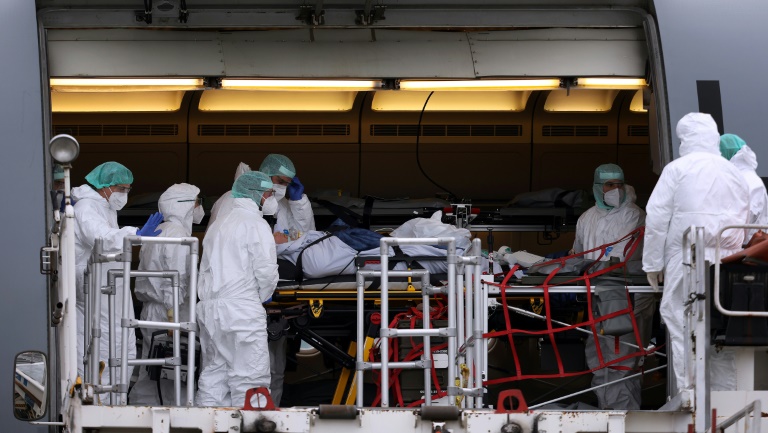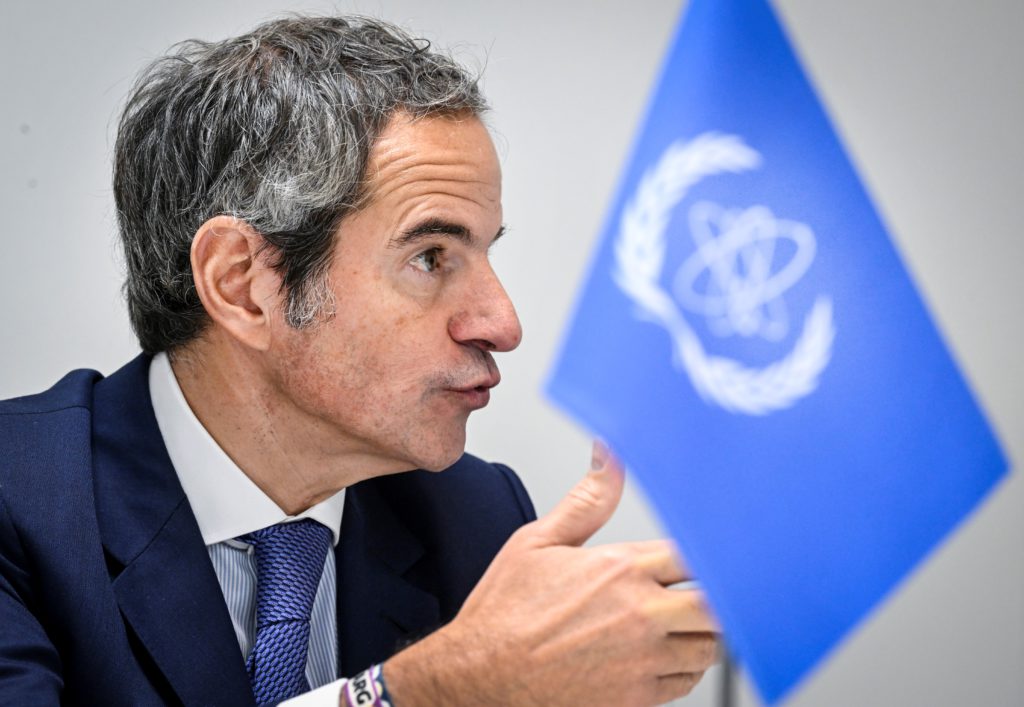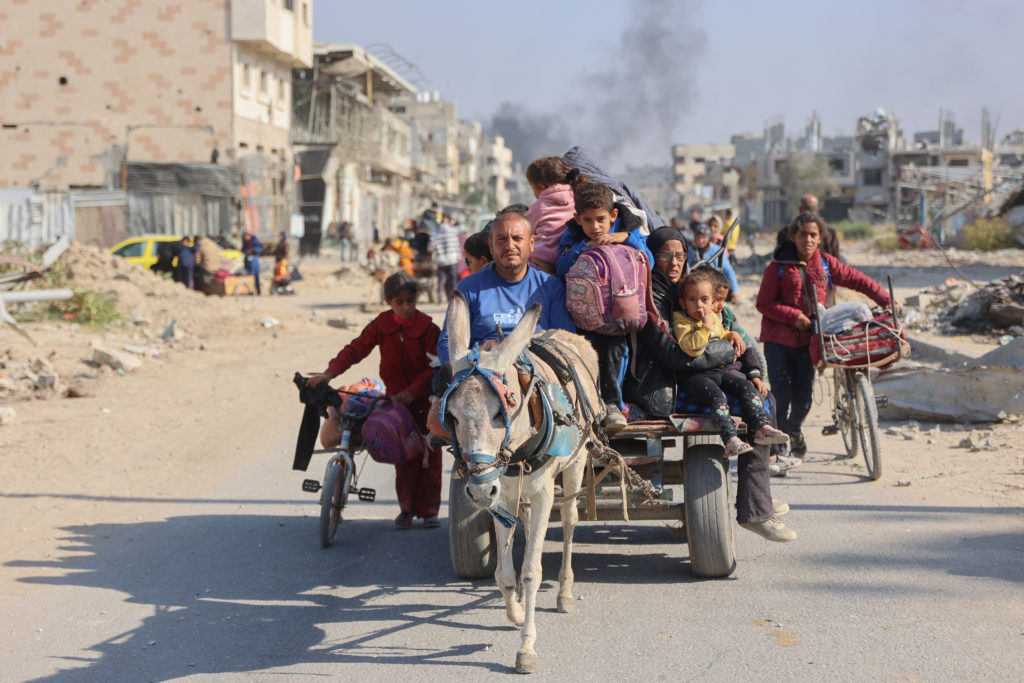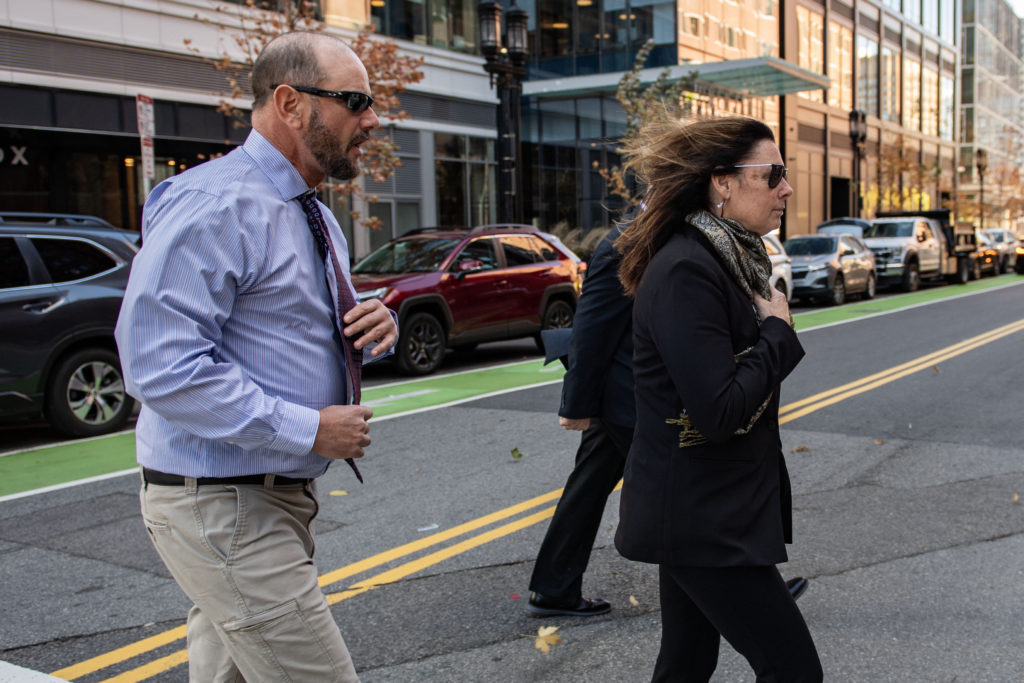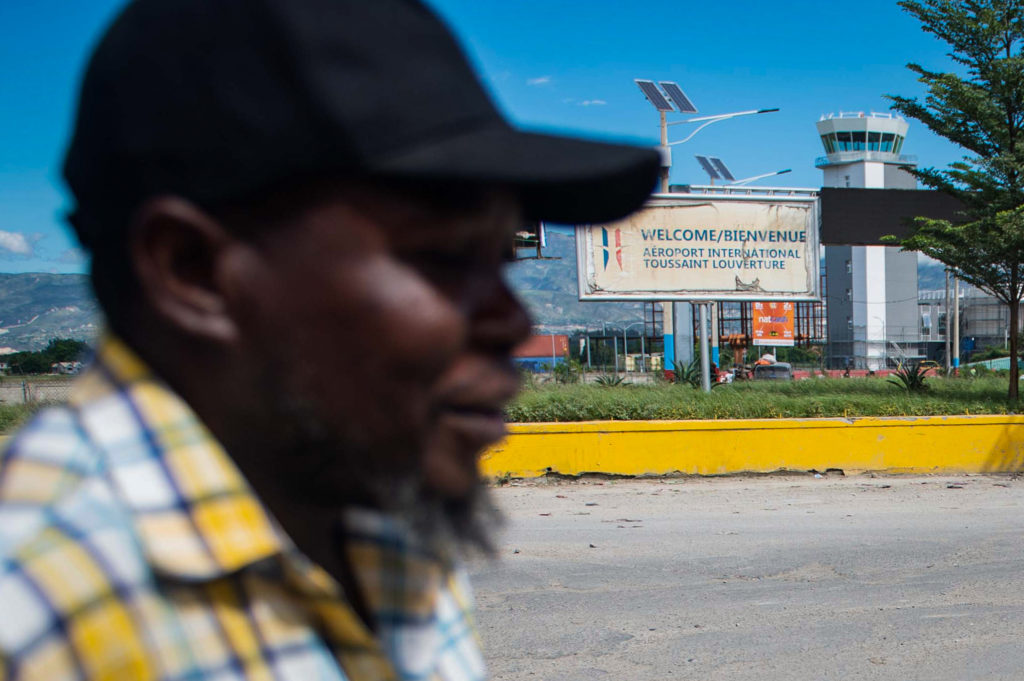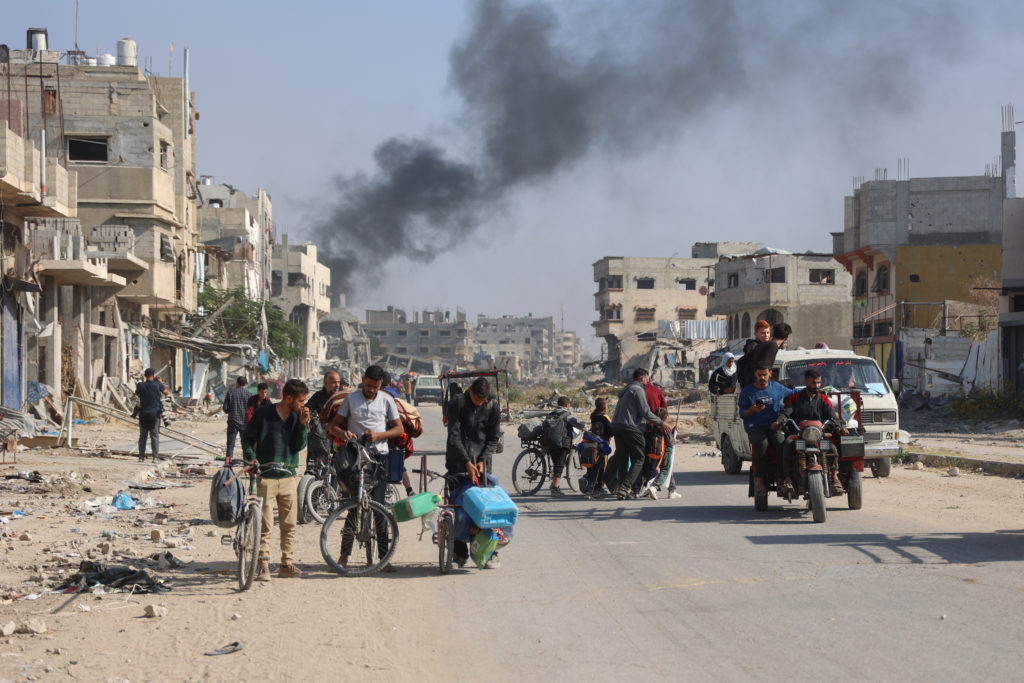Leaders in Germany were poised to approve a de-facto lockdown for the unvaccinated Thursday with the United States set to ramp up testing requirements for travellers in a winter battle against Covid-19.
The discovery of a new Omicron variant, first reported to the World Health Organization by South Africa on November 24, has spread worldwide rapidly, as the EU health agency warned Omicron could cause over half of Europe’s Covid cases in the “next few months”.
More than two dozen countries and territories have now detected cases, extending to India on Thursday and the United States on Wednesday, among the countries hardest hit by the coronavirus pandemic since it first emerged nearly two years ago.
The WHO has cautioned that it could take weeks to discover if Omicron is more transmissible, and whether it causes more severe disease — as well as how effective current treatments and vaccines are against it.
Its detection and spread, however, represent a fresh challenge to global efforts to battle the pandemic with several nations already re-imposing restrictions many had hoped were a thing of the past.
In Berlin, German Chancellor Angela Merkel, her designated successor Olaf Scholz and state leaders were huddled in emergency talks to impose tougher measures designed to stem rocketing Covid cases, fueled by the Delta variant, in Europe’s largest economy.
According to a draft agreement seen by AFP, the plans include a blanket ban on entering bars, restaurants, theatres and cinemas for anyone who has not been vaccinated or recovered from Covid.
The unvaccinated would also be banned from Christmas markets and non-essential shops and only be able to socialise with a limited number of people.
Rising infection rates have already seen some European governments reintroduce mandatory mask-wearing, social-distancing measures, curfews or lockdowns in a desperate attempt to limit hospitalisations, leaving businesses fearing another grim Christmas.
– ‘Toxic mix’ –
US President Joe Biden is expected to announce that toughened new rules on Covid-19 testing for travelers to the United States will take effect next week.
Top of the list will be an announcement that toughened rules on testing for travelers will take effect within days, a senior administration official said.
Biden will announce that from “early next week, all international travellers will be required to test negative within one day of their departure to the United States,” the official told reporters.
This will apply to all travellers, both US and foreign, regardless of whether they have been vaccinated, the official aid.
For domestic travellers, Biden will announce he is extending a mask mandate on airplanes, trains and other public transport through mid-March.
India has yet to impose new blanket international travel bans but earlier this week its health ministry ordered all inbound travellers from “countries at-risk” to undergo mandatory post-arrival Covid testing, along with the random testing of other international arrivals.
WHO chief Tedros Adhanom Ghebreyesus has warned of a “toxic mix” of low vaccination and testing rates creating a “recipe for breeding and amplifying variants”.
– ‘No need to panic’ –
“We need to use the tools we already have to prevent transmission and save lives from Delta. If we do that, we will also prevent transmission and save lives from Omicron,” he added.
On Wednesday, European Commission President Ursula von der Leyen said it was time to “potentially think about mandatory vaccination” in the bloc — although only individual member states can impose such mandates.
Austria has already said it will make Covid jabs compulsory next February, and Greece has mandated vaccines for over-60s.
In Belgium, Health Minister Frank Vandenbroucke on Thursday spoke of “chaos” in Flemish schools as cases soared as the country’s leading region Flanders called for new measures.
The United Nations said Thursday that the pandemic has pushed 20 million more people into poverty around the globe, estimating that 274 million people would need emergency assistance next year, up 17 percent on 2021, as economies suffer with Covid restrictions.
“We are very concerned but are not worried that the situation cannot be managed,” John Nkengasong, head of the Africa Centres for Disease Control and Prevention (Africa CDC) said.
“There is no need to panic. We are not defenceless.”
Omicron has prompted governments around the globe to reimpose travel restrictions, mostly targeting southern Africa.
A day after suspending new flight bookings into the country, Japan on Thursday eased the blanket move to help citizens return.
On Wednesday, UN Secretary General Antonio Guterres called bans “deeply unfair and punitive” as well as “ineffective”.
burs-imm/jm

